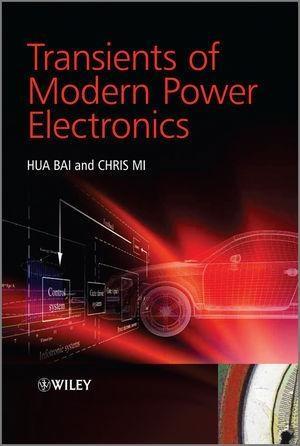In high power, high voltage electronics systems, a strategy to
manage short timescale energy imbalances is fundamental to the
system reliability. Without a theoretical framework, harmful local
convergence of energy can affect the dynamic process of
transformation, transmission, and storage which create an
unreliable system.
With an original approach that encourages understanding of both
macroscopic and microscopic factors, the authors offer a solution.
They demonstrate the essential theory and methodology for the
design, modeling and prototyping of modern power electronics
converters to create highly effective systems. Current applications
such as renewable energy systems and hybrid electric vehicles are
discussed in detail by the authors.
Key features:
* offers a logical guide that is widely applicable to power
electronics across power supplies, renewable energy systems, and
many other areas
* analyses the short-scale (nano-micro second) transient
phenomena and the transient processes in nearly all major
timescales, from device switching processes at the nanoscale level,
to thermal and mechanical processes at second level
* explores transient causes and shows how to correct them by
changing the control algorithm or peripheral circuit
* includes two case studies on power electronics in hybrid
electric vehicles and renewable energy systems
Practitioners in major power electronic companies will benefit
from this reference, especially design engineers aiming for optimal
system performance. It will also be of value to faculty staff and
graduate students specializing in power electronics within
academia.










